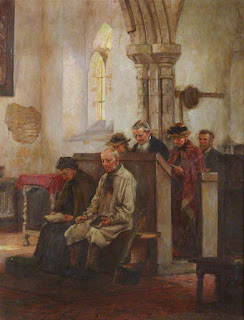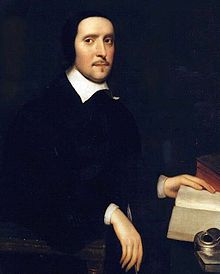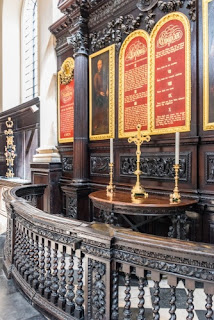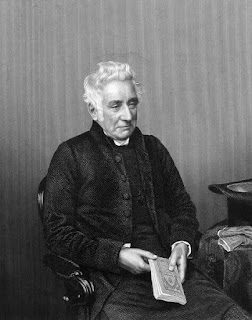The first Lord's Prayer at Mattins and Evensong: "endearing sense"

Having considered the reflections on the Exhortation, Confession, and Absolution at Mattins and Evensong in John Shepherd's A Critical and Practical Elucidation of the Morning and Evening Prayer of the Church of England (1796), we now turn to the first Lord's Prayer in the daily office. Shepherd captures how the twice daily use of the Lord's Prayer following the confession and absolution has an "endearing sense". In a footnote accompanying this extract, he describes the title 'Our Father' as "this endearing appellation". It reminds us that the saying of the Lord's Prayer at this point is a quietly beautiful practice, comforting us that our fundamental identity is as children of God in Christ: Whatever may have been the reason for prefixing the Confession, Absolution, &c., to the Lord's Prayer, the propriety of the addition cannot be disputed. Till we had confessed, and repented of our sins, we could not, in the endearing sense, in w...














